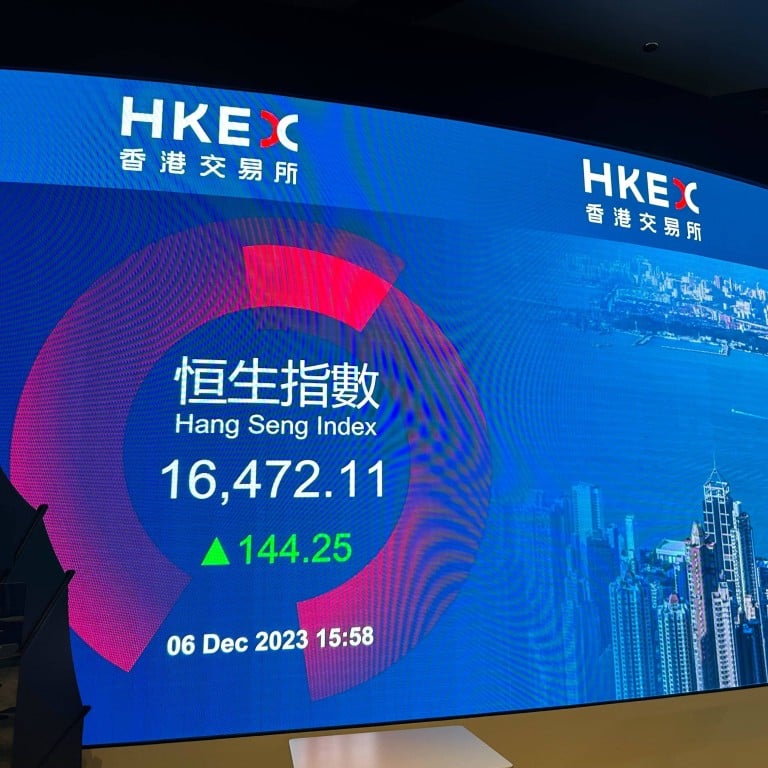
Chinese market regulator CSRC’s support will divert scores of mainland firms’ IPOs to Hong Kong, analysts say
- Some mainland companies with strong fundraising needs may opt to transition their listing plans to Hong Kong, according to Deloitte’s Edward Au
- Central government is asking mainland’s leading companies to prioritise Hong Kong as their overseas listing venue, UBS banker says
A number of mainland Chinese firms are expected to shift their fundraising plans to Hong Kong following the recent tightening of domestic listing rules and measures by the mainland’s market regulator to support initial public offerings in the city, according to analysts.
“The backing of Hong Kong as a listing hub for major industry players from mainland China underscores the importance of leveraging the city’s international capital market for their fundraising activities,” said Edward Au, southern region managing partner at Deloitte China, adding that this will “solidify Hong Kong’s position as a premier destination for listings”.
He said some mainland companies with strong fundraising needs to expand their businesses or those seeking a swifter fundraising process may opt to transition their listing plans to Hong Kong.
China regulatory chief’s appointment indicates tightening, reforms on cards
“The CSRC measures will definitely help to boost Hong Kong’s IPO market,” said John Lee Chen-kwok, vice-chairman and co-head of Asia country coverage at UBS.
“The measures clearly show the central government is asking the mainland’s key companies to consider Hong Kong as their number one overseas listing venue.”
The CSRC also approved measures to widen the Stock Connect mechanism, including allowing more exchange-traded fund (ETF) products, real estate investment trusts and yuan-denominated stock trading counters in Hong Kong.
The expanded Stock Connect will enhance connectivity between Hong Kong and the mainland’s capital markets, Deloitte’s Au said.

Stockbrokers said the new measures will enhance market turnover and attract more IPOs, but these may not materialise immediately.
“The CSRC measures show the central government’s determination to help Hong Kong retain its financial centre status,” said Tom Chan Pak-lam, permanent honorary president of the Institute of Securities Dealers.
“However, the current chaos in the Middle East, the continuing fight between Russia and Ukraine, and the uncertainty as to whether the US Federal Reserve will start reducing interest rates any time soon will inevitably dilute the impact of the measures.”
China’s watchdog finds winning strategy for investors in US$9 trillion market
The measures will have a positive impact on the stock markets and economic growth of Hong Kong in the medium to long term, but not immediately, said Kenny Ng Lai-yin, a strategist at Everbright Securities International.
“Adding ETFs, Reits and yuan shares [to the Stock Connect] will benefit the real economy and attract more capital flow from the mainland to Hong Kong, but these measures may take several months or even a year before they can be implemented,” Ng said.
Kenny Wen, head of investment strategy at KGI Asia in Hong Kong, said the measures’ positive impact may be offset by US-China tensions and the Middle East conflict.
“The US interest rate cut will be key to attracting money back to the stock markets, and the timing [of the rate cut] is not certain as yet,” Wen said.

